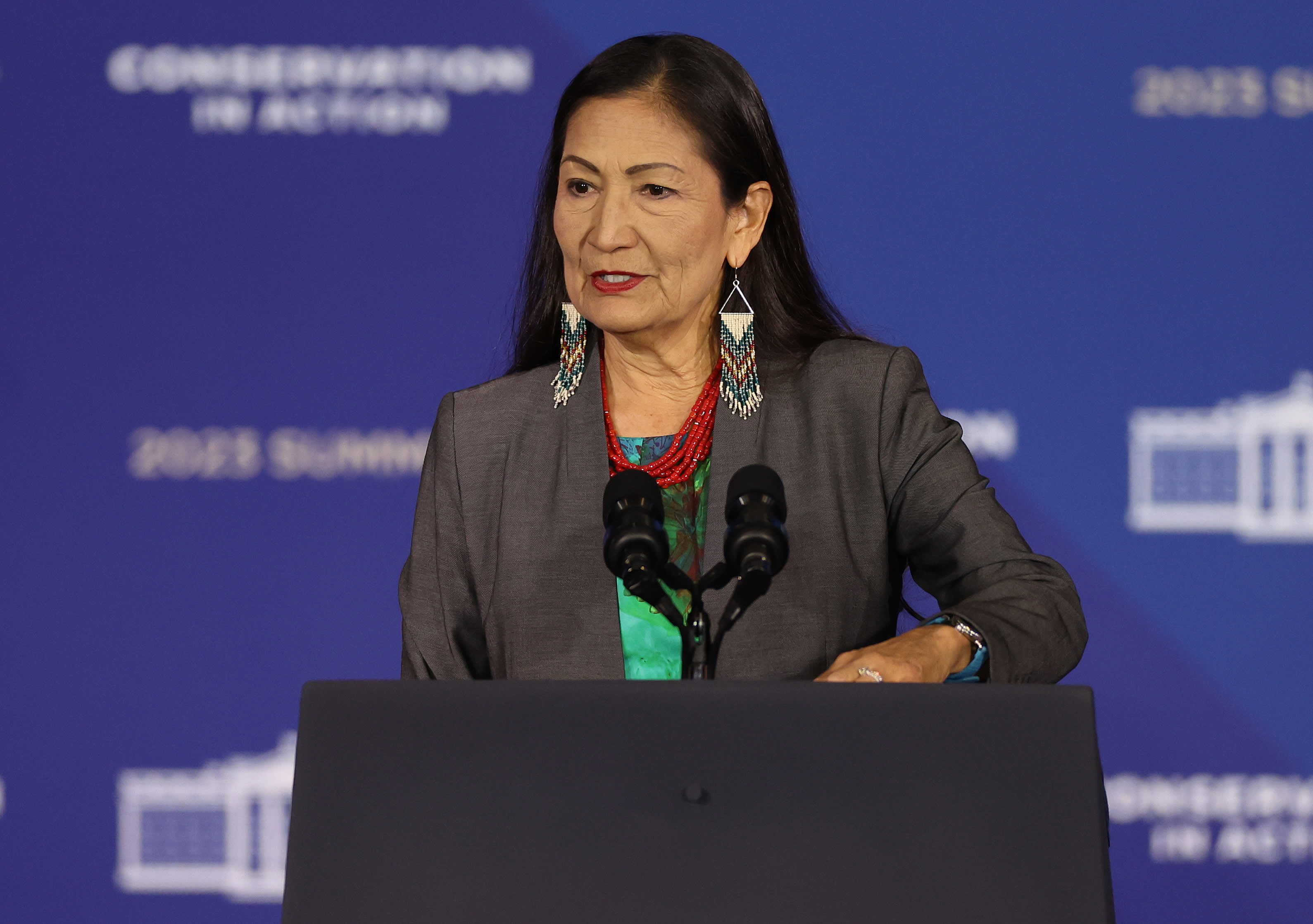A Federal judge stuck to his guns Friday, ruling the city cannot just admit that a code of silence exists within the Chicago Police Department -- he wants to hear Mayor Rahm Emanuel describe it for himself.
The testimony was ordered for a case where two veteran police officers, Shannon Spalding and Daniel Echeverria, say they faced retaliation after attempting to expose corruption in the Ida B. Wells housing project on Chicago’s South Side.
“Officers and supervisors were involved with running the narcotics trade,” Spalding told NBC5 Investigates. “It became very clear that there was not going to be an unbiased investigation.”
After Emanuel spoke of an unwritten code in remarks before the Chicago City Council last fall, Spalding and Echeverria’s attorneys added the mayor to their potential witness list. City lawyers fought to exclude his testimony, even offering to stipulate to the existence of the so-called “code."
But Judge Gary Feinerman refused, ruling that Emanuel would offer "further evidence of an unwritten policy and practice."
Outside court, attorney Jeffrey Taren, one of the lawyers representing the two officers, welcomed the news of Emanuel’s likely testimony.
“It’s obvious the City wants to suppress any reference to the code of silence,” he said. “We’re looking forward to it.”
Local
But that wasn’t the officers’ only victory. Over city objections, the Judge also ruled that the Spalding and Echeverria can introduce the findings of the recent police accountability task force.
“The code of silence is not just an unwritten rule, or an unfortunate element of police culture past and present,” the task force wrote. “The code of silence is institutionalized and reinforced by CPD rules and policies.”
“It is extraordinarily prejudicial,” city attorney Alan King told the court. “I think it is an inappropriate position to be put in.”
But the judge refused to bar introduction of the report, calling its value “undeniable”, and reminding King and his team they can attempt to punch holes in the task force’s credibility.
That puts the City in another difficult position, potentially questioning the validity of a scathing report on police operations, even as the mayor promised to adopt a majority of its findings.
Far from a case about the lone experiences of a pair of officers, attorneys have made clear they intend to raise the spectre of a pattern of behavior in the department which resulted in the punishment of their clients.
“Officers who went and did the right thing by going to the FBI against fellow officers and supervisors, are being treated horrifically for doing the right thing,” Spalding and Echeverria’s attorney Christopher Smith told NBC5 last January. “The lawsuit deals with the way the Chicago police department and its supervisors treat people who go against their own.”
Friday’s repeated rulings against the City only increased pressure for the Emanuel administration to settle the officers’ case. Barring that, the City faces the embarrassing possibility not only of the Mayor’s testimony, but also potentially troubling scenes of commanders taking the fifth amendment, and public allegations that corrupt cops were allowed to go free.
“These are criminal allegations, really serious allegations,” Spalding said. “Ninety nine percent of the officers go to work and they serve with honor every day. But the ones who are bad, are really bad.”



